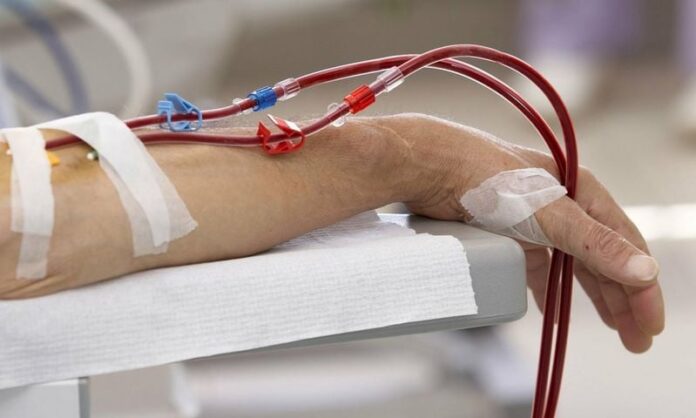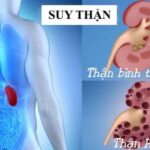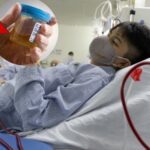End-stage renal disease is a critical stage of kidney disease, where kidney function is severely impaired, operating at only 10-15% capacity. This results in a dangerous buildup of toxins throughout the body, which, if left untreated, can lead to a significantly heightened risk of mortality.
Recognizing the following warning signs can empower you or your loved ones to take proactive measures to seek treatment and prolong life. The following are the seven most prominent indicators of end-stage renal disease:
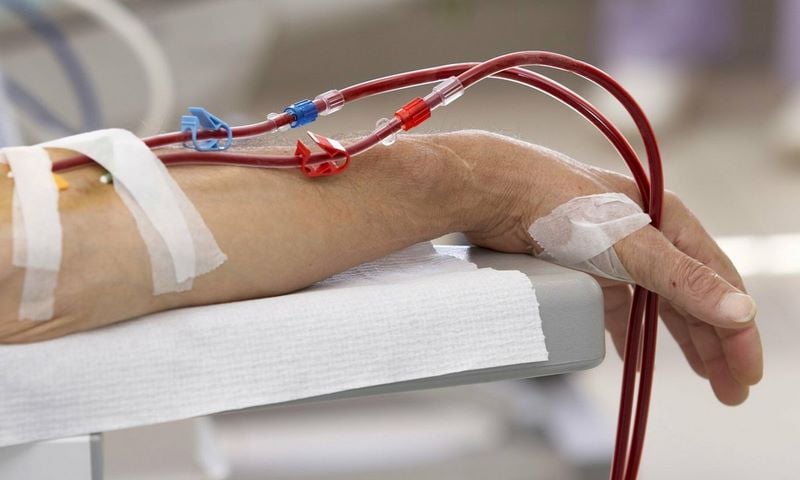
Severe Fatigue and Exhaustion
One of the earliest indicators of end-stage renal disease is prolonged and unexplained fatigue, which persists despite adequate rest and sleep. As the kidneys falter, their blood-filtering capabilities diminish, leading to a buildup of toxins and subsequent anemia. This leaves individuals feeling physically and mentally drained, with difficulty concentrating.
A pervasive sense of exhaustion weighs down the patient, making even basic activities like walking or eating feel burdensome. Their limbs feel heavy and devoid of energy.
Changes in Urination
In the final stages of kidney disease, individuals may experience a significant decrease in urination, sometimes accompanied by a painful or difficult stream. Others may urinate frequently but produce only small amounts of dark-colored, foul-smelling, or blood-tinged urine.
These abnormalities in urination patterns serve as a direct warning sign from the kidneys, which play a pivotal role in regulating waste products in urine.
Generalized Edema, Especially in the Legs and Face
As kidney function declines, it affects the entire body, and one of the most noticeable signs is edema. The body’s inability to filter excess water and salt leads to water retention in the tissues. This manifests as swelling in the feet, ankles, hands, or face.
If your shoes feel uncomfortably tight or you wake up with a puffy face and heavy eyelids, it could indicate a serious underlying kidney issue that requires immediate medical attention.
Loss of Appetite, Nausea, and Vomiting
As the kidneys weaken, they lose their capacity to eliminate toxins effectively, leading to elevated levels of uremia and other waste products in the blood. Consequently, individuals may experience a diminished appetite, coupled with nausea.
If left unchecked, this can result in rapid and significant weight loss, malnutrition, and a compromised ability to recover from treatment.
Intense Itching, Especially at Night
Poor toxin filtration due to kidney dysfunction often results in severe itching all over the body, with nights being particularly unbearable. The more one scratches, the worse the itch becomes, leading to skin abrasions and potential infections. This is a hallmark sign of toxic buildup due to advanced kidney failure.
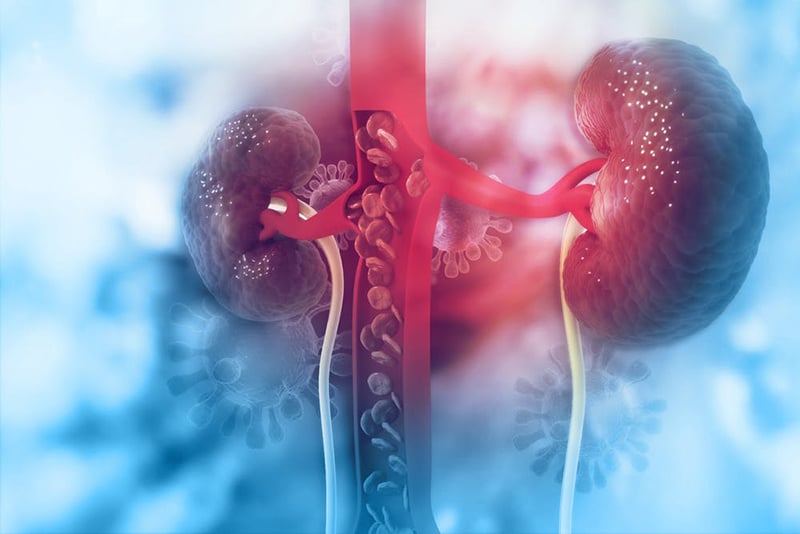
Foul Breath and a Metallic Taste in the Mouth
As kidney function declines, high levels of urea in the blood break down into ammonia, producing a distinct fishy or metallic odor in the breath. Individuals may also notice an unusual taste in their mouths.
This is a characteristic sign of uremia, indicating the urgent need for dialysis.
Shortness of Breath, Chest Discomfort, or Heart Palpitations
The accumulation of fluid in the lungs and the presence of toxins in the blood can lead to shortness of breath, rapid breathing, and difficulty breathing while lying down. In some cases, individuals may experience chest pain, irregular heart rhythms, or elevated blood pressure due to the kidneys’ inability to regulate fluid and potassium levels in the body.
Any signs of shortness of breath accompanied by chest discomfort warrant immediate medical attention, as they signal a life-threatening emergency.
5 Types of People Who Should Avoid Eating Chicken: A Word of Caution for These Individuals
“Chicken: A Nutritional Powerhouse, But Who Should Avoid It?”
Is chicken a healthy option for everyone? While chicken is packed with essential nutrients and is a great source of protein, there are certain individuals who should exercise caution when consuming this popular meat. In this article, we will explore the benefits of chicken and uncover the specific groups of people who should refrain from indulging. Stay tuned to discover if you fall into any of these categories and learn more about making informed dietary choices.


























